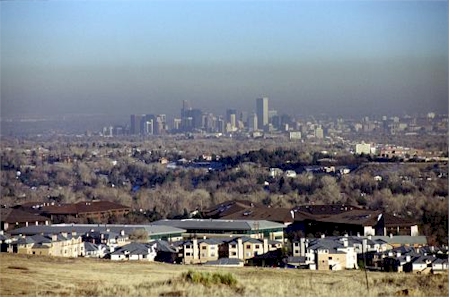
In its early stages, lung cancer typically doesn’t show any physical signs or symptoms. Symptoms of lung cancer normally appear when the cancer is more developed, making it difficult to find early.
Listed below are some of the most common symptoms associated with lung cancer.
- A new cough which doesn’t go away
- Changes in a “smoker’s cough” or chronic cough
- Coughing up blood even in very small amounts
- Hoarseness in voice
- Shortness of breath and or chest pain
- Wheezing
- Dramatic unexplained weight loss
- Bone pain
- Chronic headache
When to see a doctorMake an appointment with your doctor if you have any signs or symptoms that worry you. if you’re a smoker and would like to quit, greatly lowering your risk of getting lung cancer, talk to your doctor about the many options available.
How smoking can cause lung cancerDoctors think smoking causes lung cancer by damaging the cells that line the lungs. When one inhales cigarette smoke, which is full of cancer causing carcinogens, changes in lung tissue begin quickly, almost immediately. Initially your body is capable of repairing this damage, but as you continue to smoke your lungs incur more and more damage. as you continue to smoke, damages cause your cells to begin acting abnormally, and eventually cancer can develop.
The two major types of lung cancerLung cancer is divided into two major types by doctors based on the lung cancer cells appearance under a microscope. Your doctor makes treatment decisions based on which major type of lung cancer you have. the two types of lung cancer are:
- Small cell lung cancer – This type of lung cancer usually appears almost only in heavy smokers, and is much less common.
- Non-small cell lung cancer – Non-small cell lung cancer is a term for multiple types of lung cancers that act in similar manners. Non-small cell lung cancers include adenocarcinoma, large cell carcinoma and squamous cell carcinoma.
Smoking, heavy drinking, and exposure to harmful chemicals are all things that can put you at risk for developing lung cancer. if you have concern that you could be developing lung cancer, or are experiencing any symptoms, contact your doctor immediately.